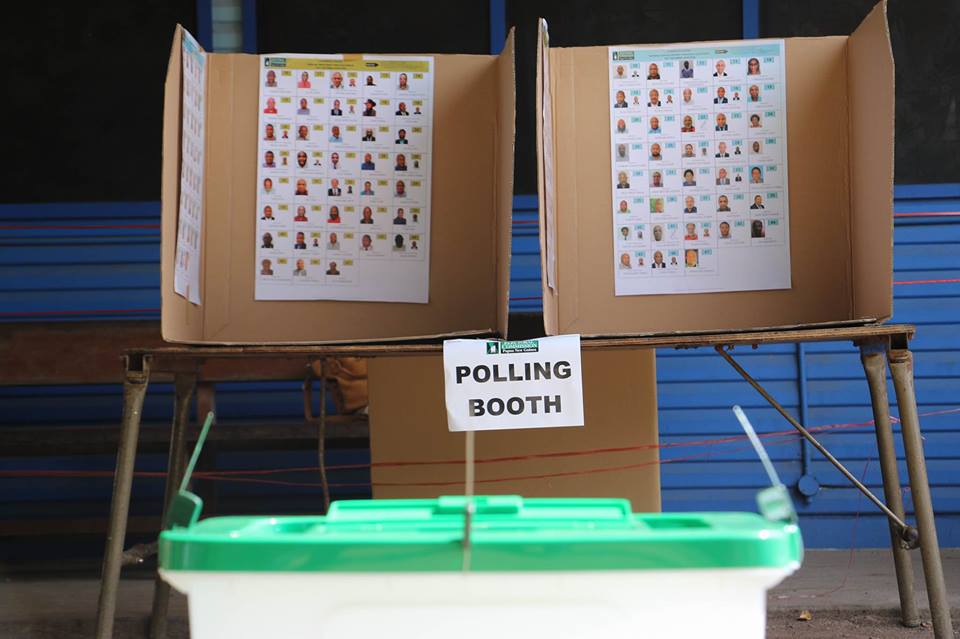
Discussions on the 2017 National General Elections have no doubt taken centre stage on social media and the streets, with many calling on the Electoral Commissioner to step down, labeling this a failed election.
But what constitutes a failed election? And who calls the shots in such time?
At the Issue of Writes on April 20, the Electoral Commission re-activated the function of the Election Advisory Committee for the 2017 National Election.
The committee’s role is to report directly to Electoral Commissioner Patilias Gamato and to provide recommendations and advice on matters relating to cancelation and withdrawal of writ for an election.
This committee is made up of three members appointed by the Governor-General. They include the Ombudsman Commission or a nominee, Transparency International or a member of its board and a retired judge or a lawyer.
The Electoral Commission told Loop PNG this morning Acting Ombudsman Richard Pagen, Richard Kassman from Transparency International and Professor John Luluaki from the University of Papua New Guinea make up this committee.
The Committee was established in 2002 following the failure of six national seats in Southern Highlands Province in the 2002 National General Election.
Policy discussions started to legislate to protect the neutrality or independence of the Electoral Commissioner for future electoral events.
The law was eventually amended and certified on September 21, 2006, prior to the commencement of the 2007 electoral event.
Gamato, in a statement earlier, outlined the provision of the Organic Law on National and Local-level Government Elections.
Gamato said grounds that constitute a failed election, or for the Electoral Commission to cancel or withdraw writ, is when there is widespread violence in an electorate, there are instances of election fraud such as hijacking of rolls, ballots, poll workers and failure of polls in designated places and times.
In particular, Section 96A (2) of the Organic Law on National and Local-level Government Elections deals with cancelation of an election.
It states that “the Head of State may withdraw or cancel, acting on advice of the Electoral Commissioner given in accordance with section 96A (2) of the Organic Law on National and Local-level Government Elections on the recommendation of the Election Advisory Committee – between issue of a writ and the declaration of result where circumstances existed in an electorate are such that a proper conduct of election in the electorate is not practicable.”
Gamato said upon the cancelation, withdrawal of writ in an electorate, the Governor-General shall act with and in accordance with advice of the Electoral Commission, issue new writ for a supplementary election as soon as practicable.
